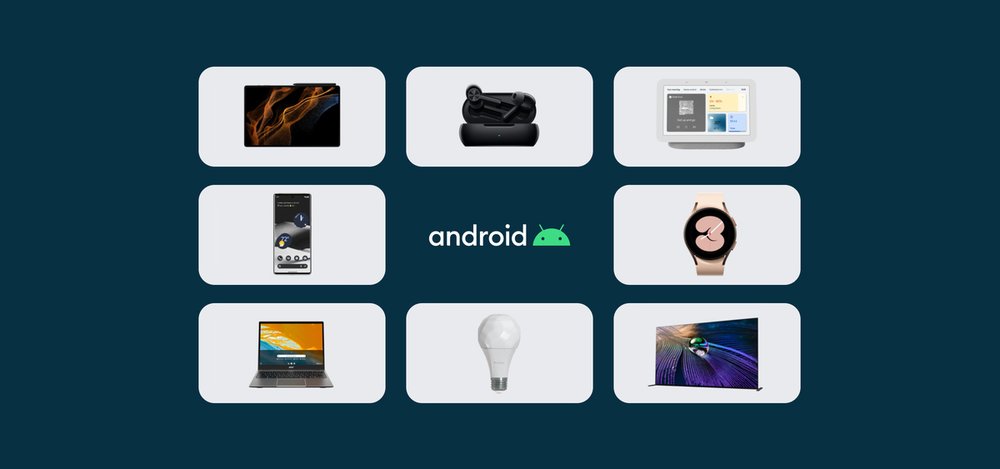
Google yesterday unveiled new improvements for their consumer goods and services at Google I/O 2022, including some very important changes to multi-device functionality for the Android ecosystem in 2022.
Matter is coming to Android
Since Google’s first foray into the smart home market in 2011, they’ve been working on Matter, a new IP-based protocol for connecting smart devices in the home. Eventually, Matter-enabled smart home products will have built-in support for Android, so you can use Fast Pair to easily connect them to your network, Google Home, and other supporting apps.
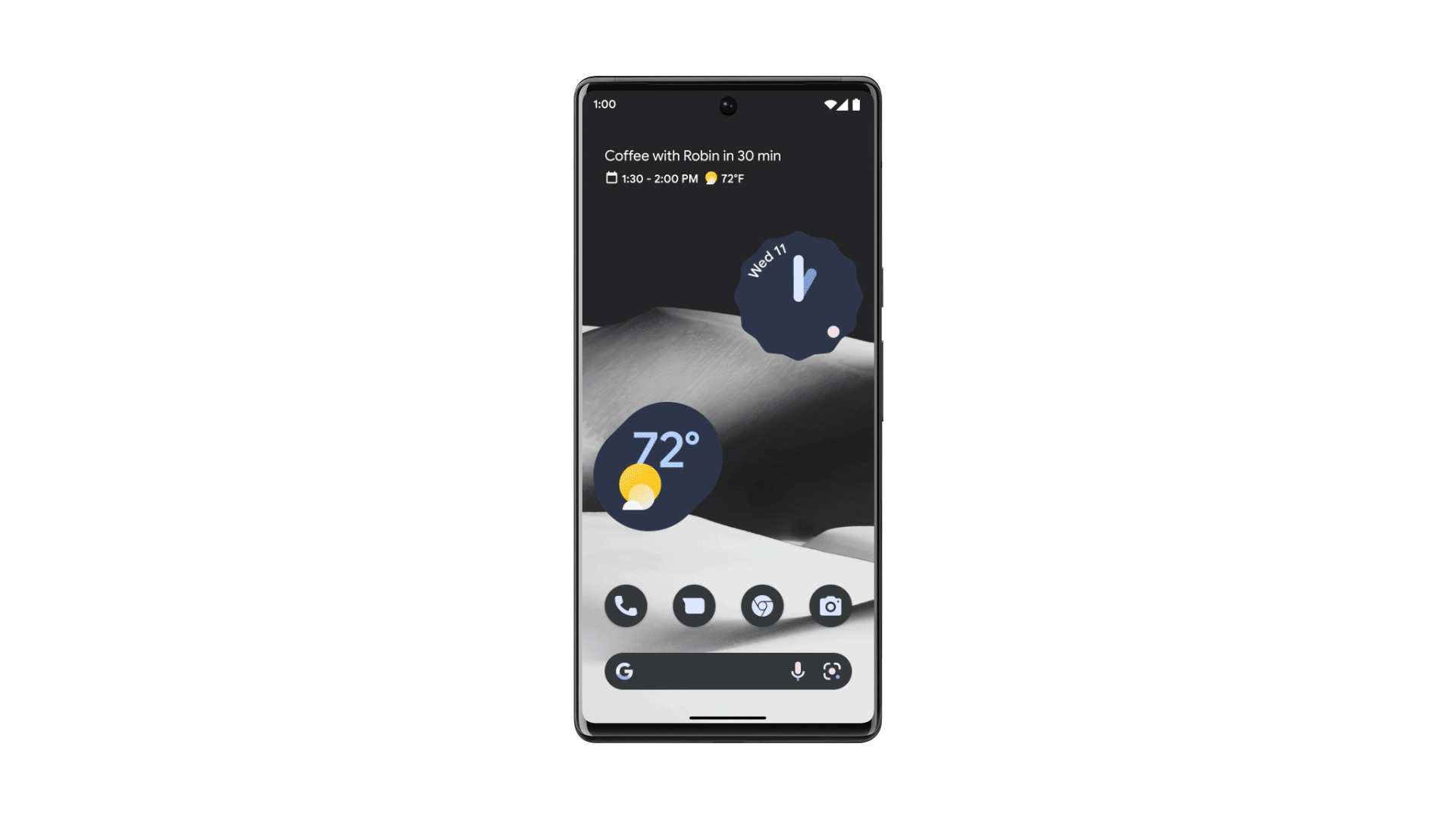
Google TV app to support Casting
Chromecast built-in allows you to easily share audio, photo, and video content to supported devices such as speakers, displays, and Smart TVs. The ability to cast shows or movies from your smartphone to your TV has been added to the Google TV app, which was an obvious missing piece once the Google Play Movies app became a Google TV app.
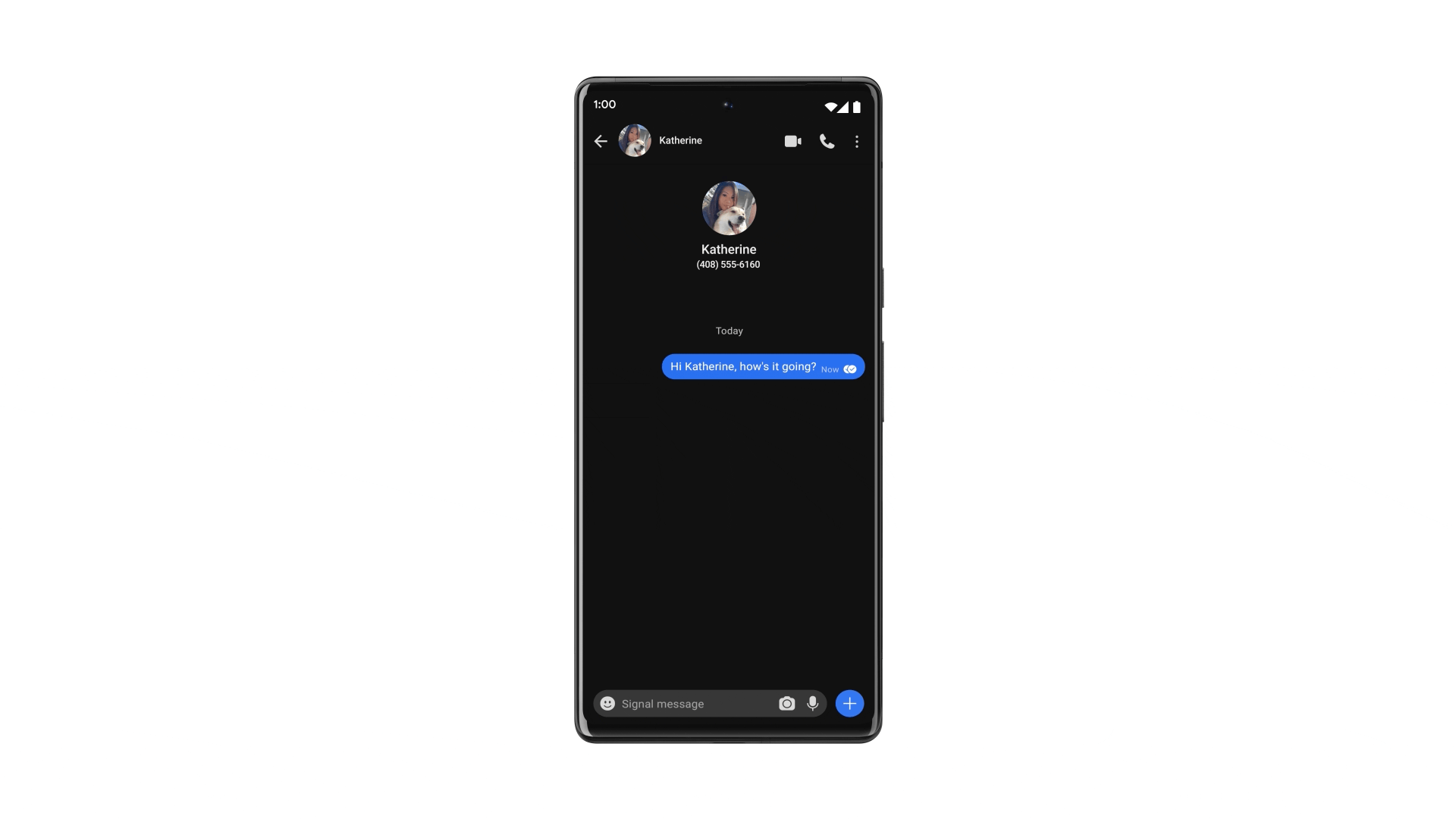
Seamless switch between audio devices
Google will soon enable automated audio switching on some Sony, JBL, and Pixel headphones. They also stated that they are collaborating with Qualcomm and other partners to bring this capability to additional earphones that use their technology chipset.
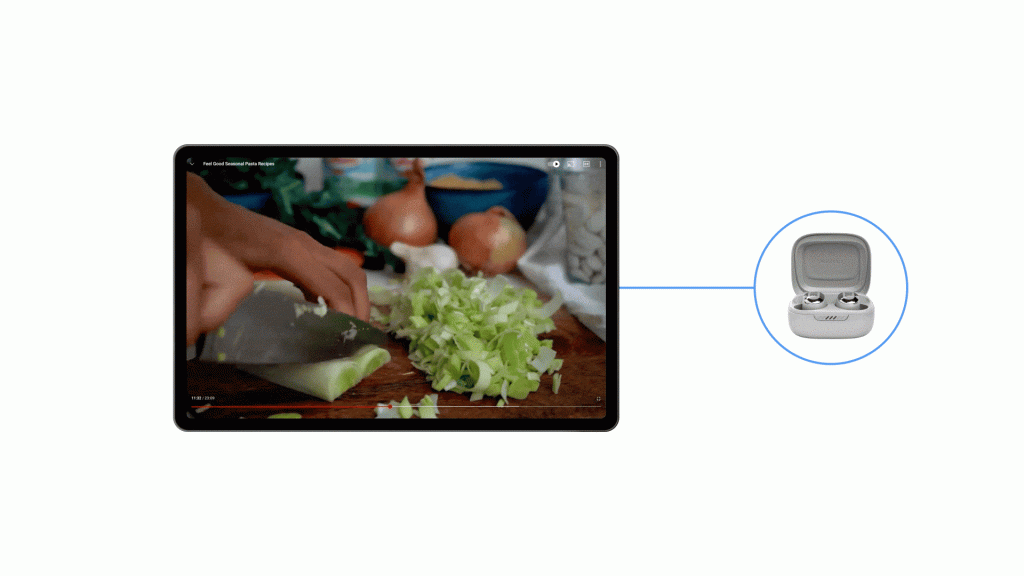
Phone Hub
The Phone Hub lets your Chromebook receive and send texts from your Android phone. Google also wants to improve Phone Hub so that you can stream messaging apps from your Android phone to your Chromebook without having to install the app on your laptop.

New updates to RCS Messaging
Bringing encryption to your group conversations to open beta along with the ability to share high-quality photos, type indicators, message over Wi-Fi and get a better group messaging experience.

Smooth integrations with other Google apps and services
- Wallet: When you add a transport card to a Wallet, the card and balance appear on Google Maps whenever you check for routes. If your balance is low, you can tap and add fare before arriving at the station. Google mentioned that Maps will get an immersive viewing experience as well.
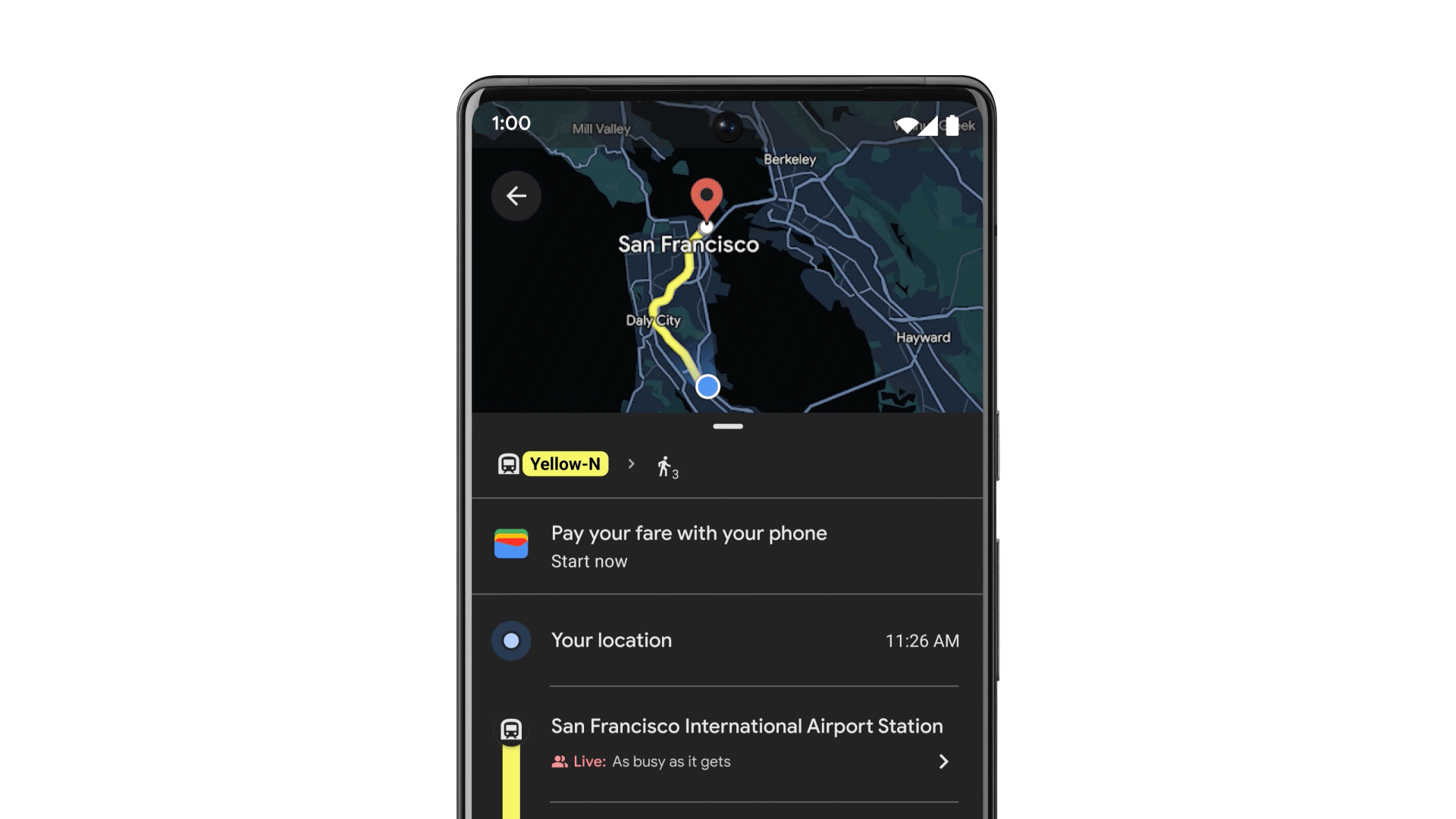
- Emergency Location Services (ELS): Wear OS users have the ability to contact friends and family in an emergency. Your devices can be vital in times of crisis, such as medical emergencies or natural disasters, beyond keeping your communications and digital identities safe.
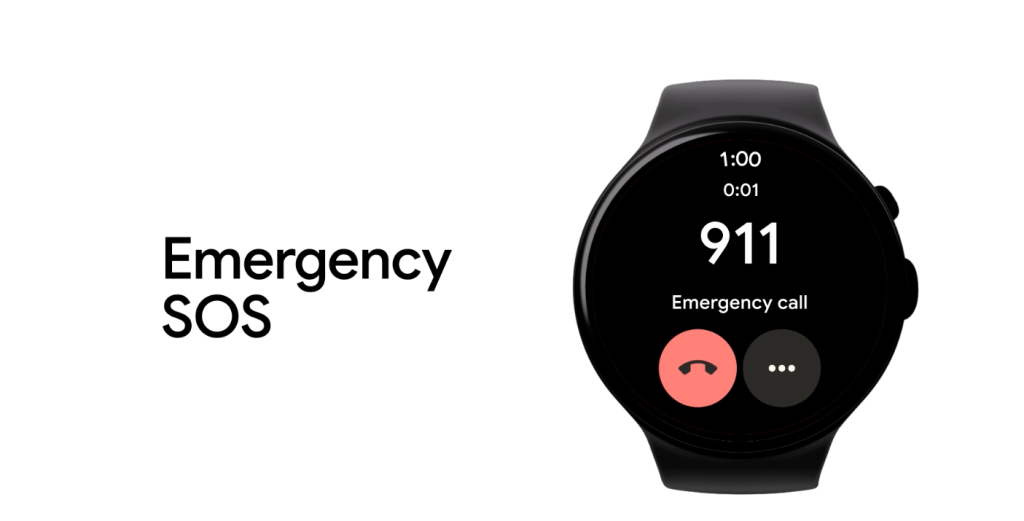
- App support on Wear OS: And commencing with the Watch4 series, Google Assistant will finally be available on Samsung Galaxy watches. Google Assistant for Wear OS has been upgraded to allow you to use voice-controlled directions or make reminders. Google is also expanding Wear OS’s app selection to include apps such as Spotify, adidas Running, LINE, and KakaoTalk. Later this year, SoundCloud and Deezer apps are also coming.
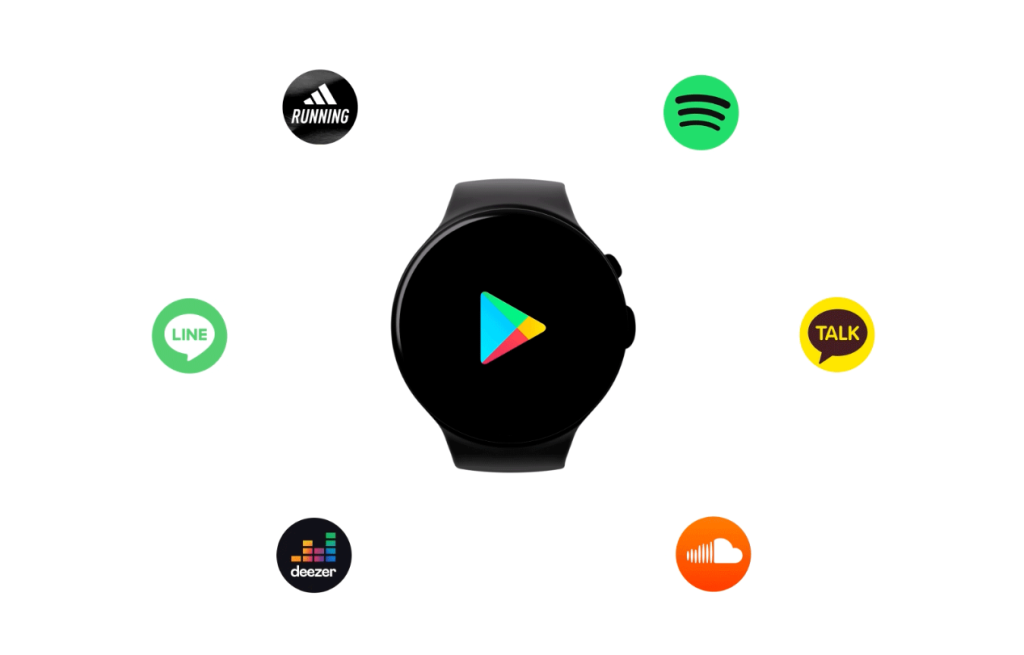
- Tablet-optimized apps: Interface changes that make information more accessible on a larger screen in 12L and Android 13. Some of the apps that will benefit from the extra space are YouTube Music, Google Maps, Messages, and others. We’re also working with TikTok, Zoom, Facebook, and others to improve their experiences this year. Google Play will soon allow you to search for all tablet-friendly apps.
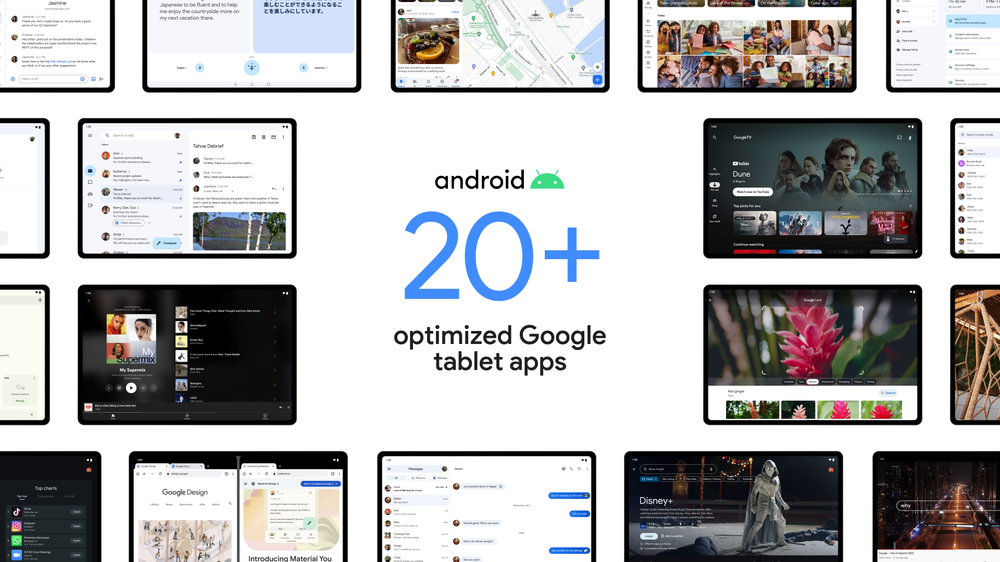
Availability
This fall, Android 13 will bring these features to smartphones and tablets.
Sameer Samat, VP of Product Management, Android & Google Play, said
“Whether Android brings new possibilities to your phone or the many devices in your life, we’re looking forward to helping you in this multi-device world.”
Liza Ma, Group Product Manager, Multi-Device Experiences
“Odds are, you’ll keep adding more connected devices into your home – and so will your family and friends. Whether these devices are for entertainment or productivity, we’re committed to work with our partners to bring you multi-device experiences that will make your life easier.”
